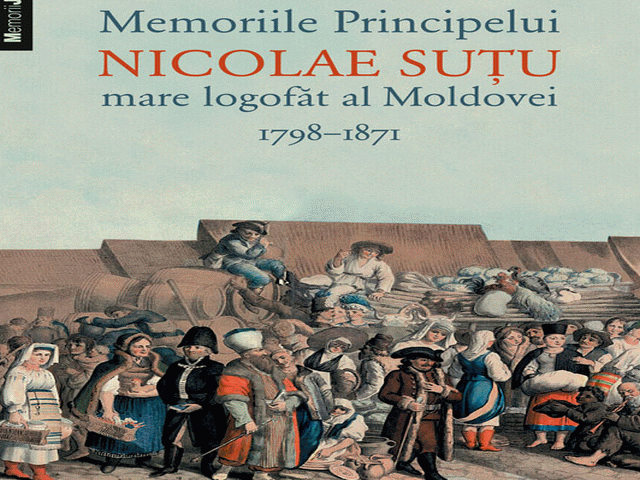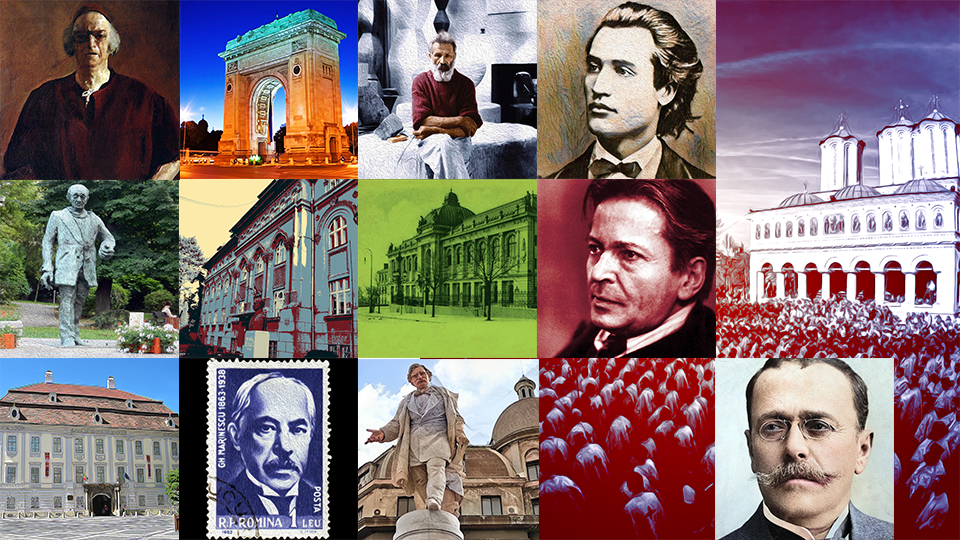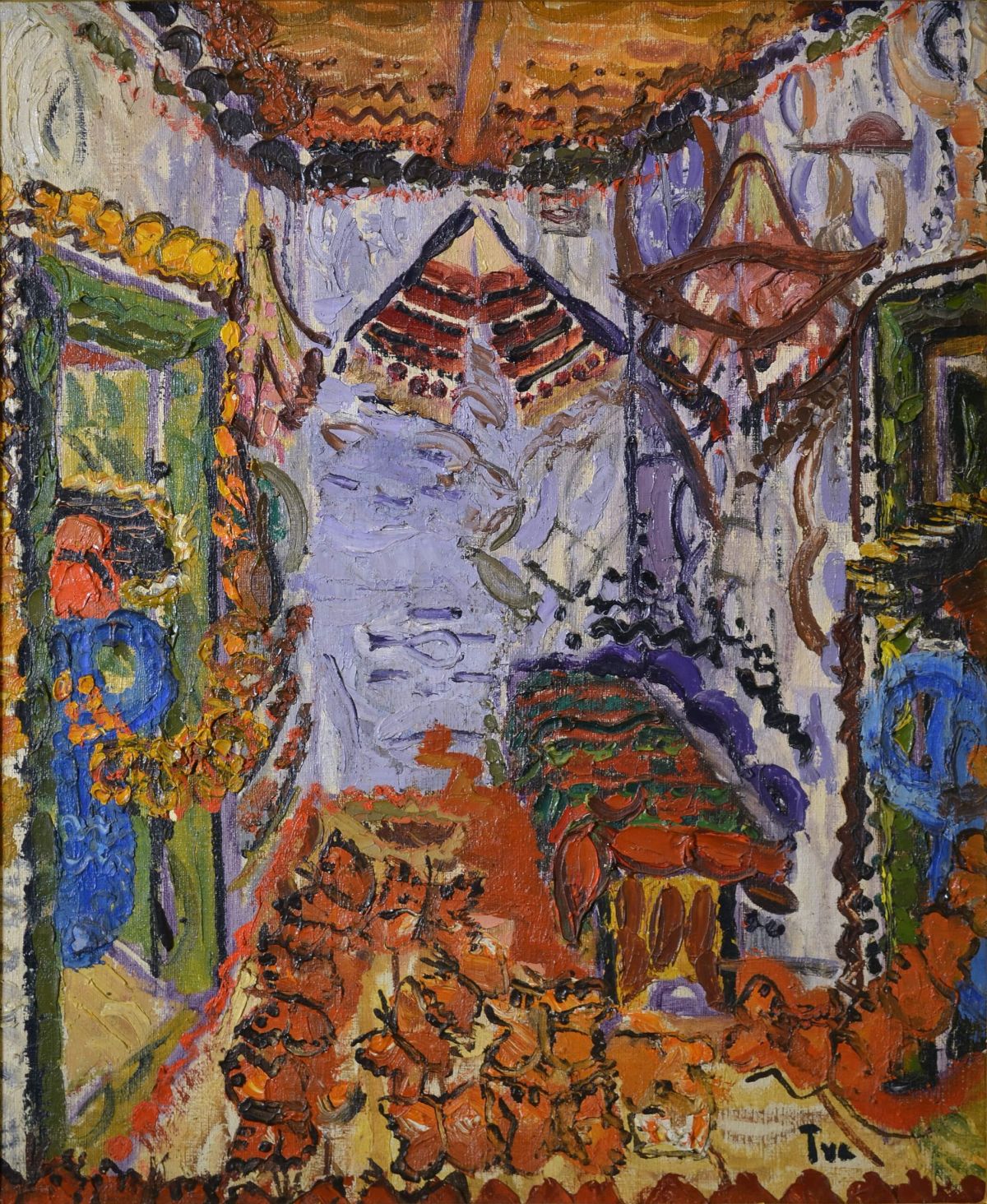Statesman Nicolae Sutu
The son of the last Phanariot ruler of Moldavia, born in Constantinople in 1789, Nicole Sutu was also meant to rule over the Romanian Principalities.

Christine Leșcu, 08.02.2014, 12:01
The upheaval that began in 1821 and the western path embraced by the Romanian Principalities prevented this from happening. Nicolae Sutu became instead a highly competent public servant in the Romanian state, which was just beginning to modernise in the first half of the 19th century.
The Humanitas Publishers in Bucharest has recently brought out the memoirs of Nicolae Sutu in a book coordinated by Georgeta Filitti, who tells us more about this great figure: “He had an exemplary career. He even served as chamberlain, a position which in the 19th century was similar to that of foreign affairs minister. He also held many other positions, so he was actively involved in the running of the country. He also contributed to the drafting of the Organic Statutes, an early model of a constitution for the Romanian Principalities, which was intensely criticised at the time. However, these Organic Statutes established a number of principles in all areas. Although the country was under Russian administration at the time and the Russians approved and issued this document, this piece of legislation is in its essence Romanian, and Nicolae Sutu is one of the people who drafted it.“
Nicolae Sutu started to write his memoirs in French, in 1853, almost 20 years before his death, in 1871. Apart from good knowledge of the political life of his time, you can also tell their author has genuine literary talent.
Georgeta Filitti explains: ”Nicolae Sutu was an educated man and in his charming memoirs he highlights his efforts to broaden his knowledge constantly. He thus gradually realises that the only way for the country to go forward was to adopt this new legislation. His memoirs provide an extensive record of the incredible number of laws he drafted and his deep involvement in the good things achieved in Moldavia. He also provides compelling descriptions of the political climate of his day, creating some extraordinary portraits of two Moldavian rulers, Mihai Sturdza and Grigore Ghica.”
Between 1831 and 1832 Nicolae Sutu contributed to the drafting of the Organic Statutes, and later participated in the events that led to the union of the principalities of Wallachia and Moldavia in 1859. He took an active part in the transformations that began at that time, despite not always agreeing with the changes being initiated or the politicians of the day. Sutu was also interested in economics and is even considered the first Romanian economist and statistician, thanks to his two works, “A Short Review of Moldavia’s Economic Situation”, published in 1838, and “Statistical Notes on Moldavia”, published in 1849.
Georgeta Filitti told us more about this aspect of Nicolae Sutu’s career: “He is the first Romanian economist with statistical notions about Moldavia. His book is fundamental as he had access to a series of documents, which are now lost. The book was also well received internationally. We get a clear picture of Moldavia in mid 19th century, as it comprises figures about its output, population, consumption, export etc. The book is very valuable and the author depicted the political figures of his time in a very interesting manner. When he didn’t like a certain person, he knew how to put it into words. A politician he didn’t like, for example, was Mihail Kogalniceanu, the advisor to ruling prince Cuza and a man who accomplished most of what he set out to do. Sutu, however, did not hold these accomplishments in high esteem. For someone who wants to see how life was in the Romanian principalities at the time, reading Sutu’s memoirs is a pleasure.”
“The Memoirs of Prince Nicolae Sutu”, translated and coordinated by Georgeta Filitti for Humanitas publishing house are now available to the wide public, not only to experts.





























